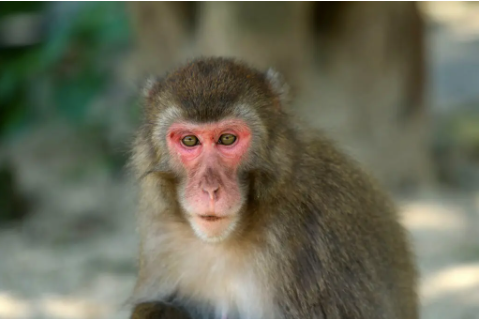Becoming the “Monkey Queen,” a Japanese female macaque recently shocked the primate world. The staff of the Takasakiyama Natural Zoological Garden, home of 677 monkeys, observed her coup.
It all began when Yakei beat up her mom. As the daughter of one of the troop’s female leaders, she was destined to inherit a rank just under her mother’s position. Instead, by assaulting her mother, she took over the top female spot. Then, after Yakei attacked three high-ranking males, she rose further by assaulting Nanchu. Nanchu was the 31-year-old male who had led the group for five years.
Defeating him, she rose to alpha status in a male-dominated world. At the top, she had access to the best food and mates and places to rest.
Risk Taking Behaviors
Seeing a young female macaque achieve dominance through massive risk taking, I wondered about humans. In a recent paper, researchers compared male and female risk tolerance. The place was a school in China where children with entirely different cultures wound up in the same classroom.
Because one group came from a matrilineal society and the other a traditional patriarchy, they could compare how the children behaved. In a Mosuo family, the grandmother is the head. Including crop choice and spending, the women make the economic decisions. The mother’s household raises the children and treasures the girls. Meanwhile, as a patriarchy, among the Han, the men have the status. The oldest male is the family head and boy babies are preferred.
When they first attended the same schools in Yunnan, China, the Mosuo and the Han displayed opposite gender norms. In the matrilineal group, the Mosuo girls were less risk averse than the boys. Meanwhile, reflecting their patriarchal origins, the Han boys were the risk takers, not the girls that had come from the same homes.
Over time, though, the Mosuo adopted the norms of the Han majority. As they grew older, Mosuo girls became increasingly risk averse while Han girls, displaying distaste for risk, remained the same. Boarding also had an impact. When Mosuo males had more Han roommates, the Mosuo became less risk averse.
Our Bottom Line: Human Capital
Defined as the store of knowledge that we acquire, our human capital can reinforce or contradict gendered attitudes. Because the Mosuo and Han study demonstrates that gendered behavior can change, we need not accept gendered norms. Taking the leap to the gender pay gap and the dearth of female CEOs, we can ask how schools can develop human capital that generates more female risk takers.
And yes, the Monkey Queen can convey some wisdom about risk taking.
My sources and more: A NY Times science article started me thinking about gender norms. Then, this paper had the gender research. Our featured image is Yakei, the Monkey Queen.






